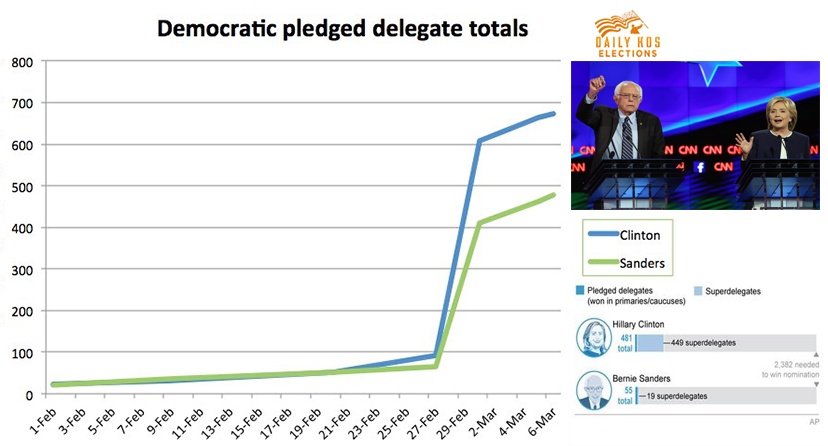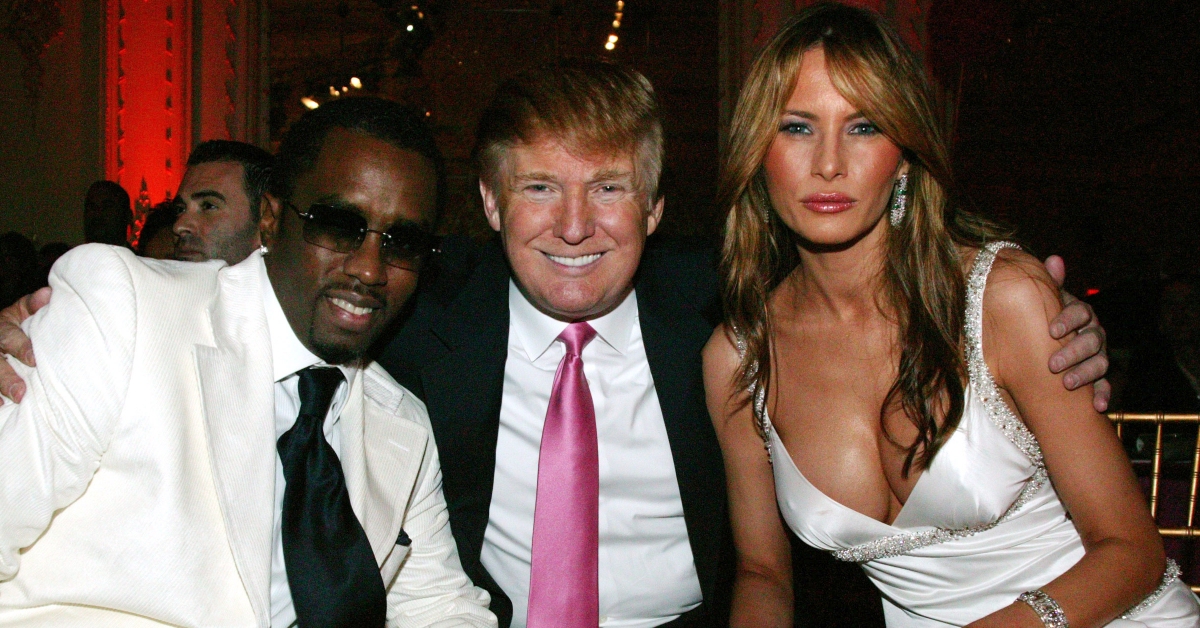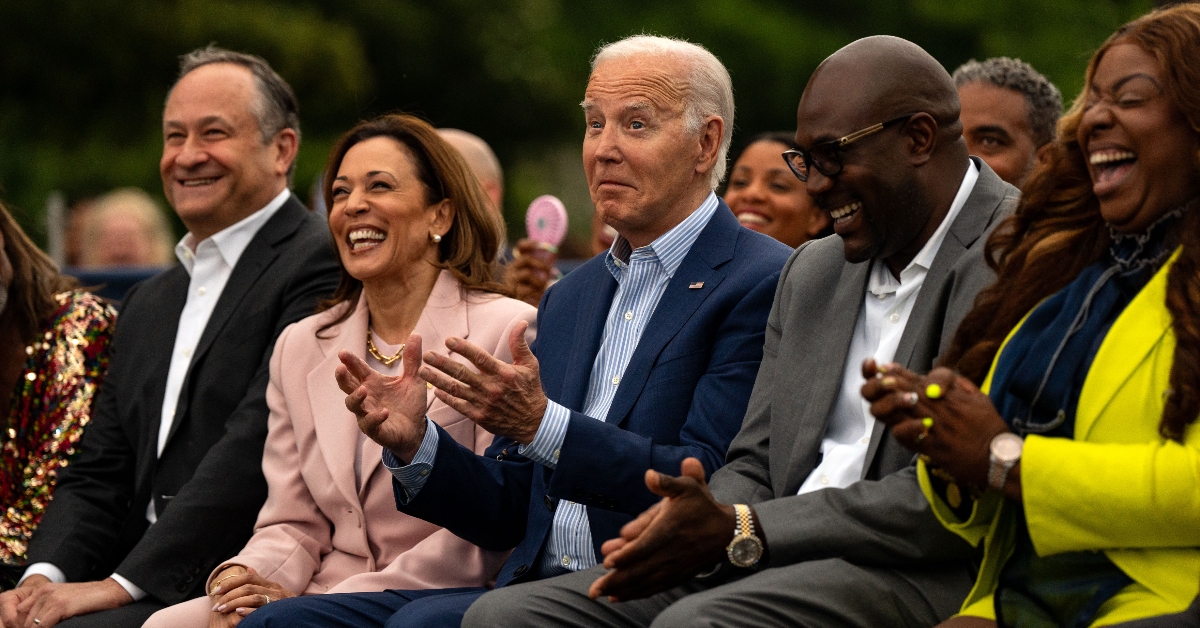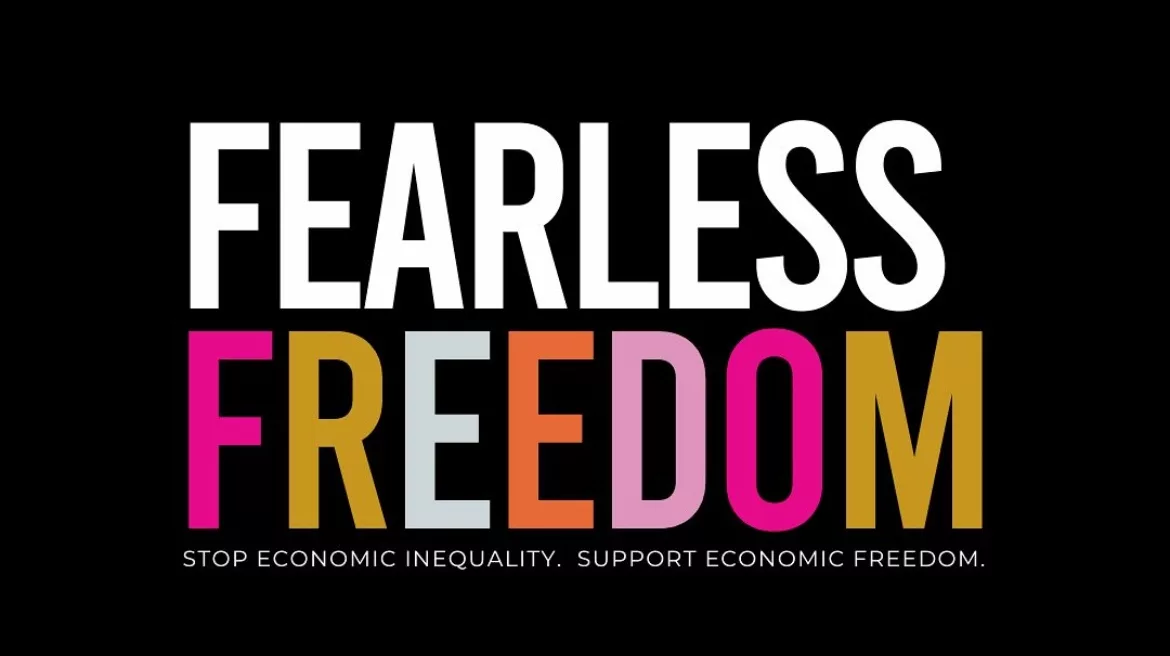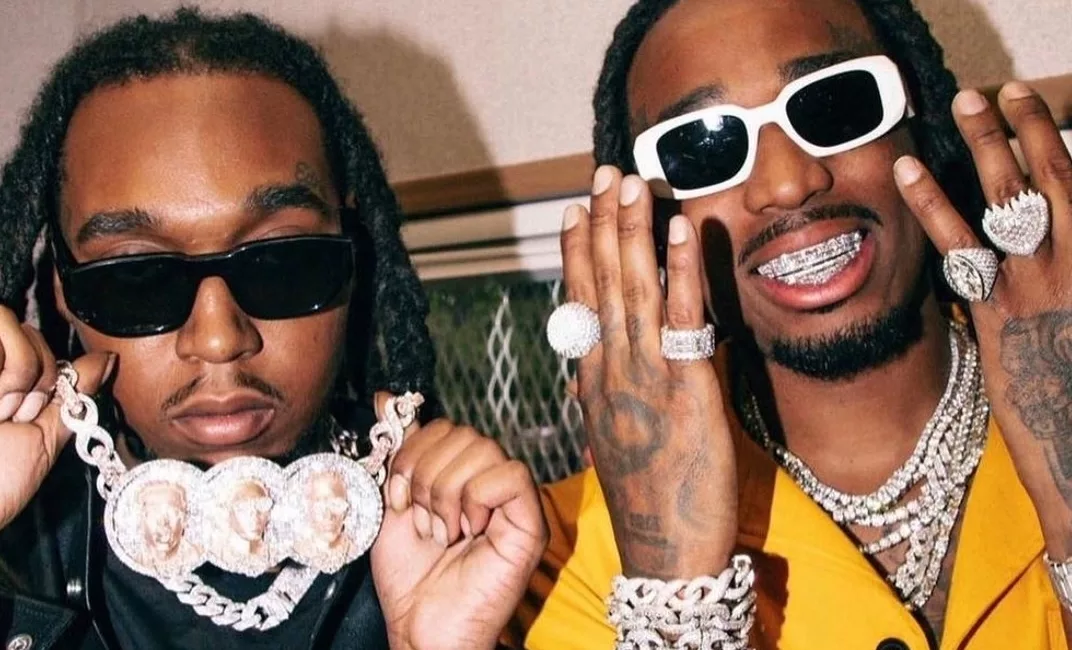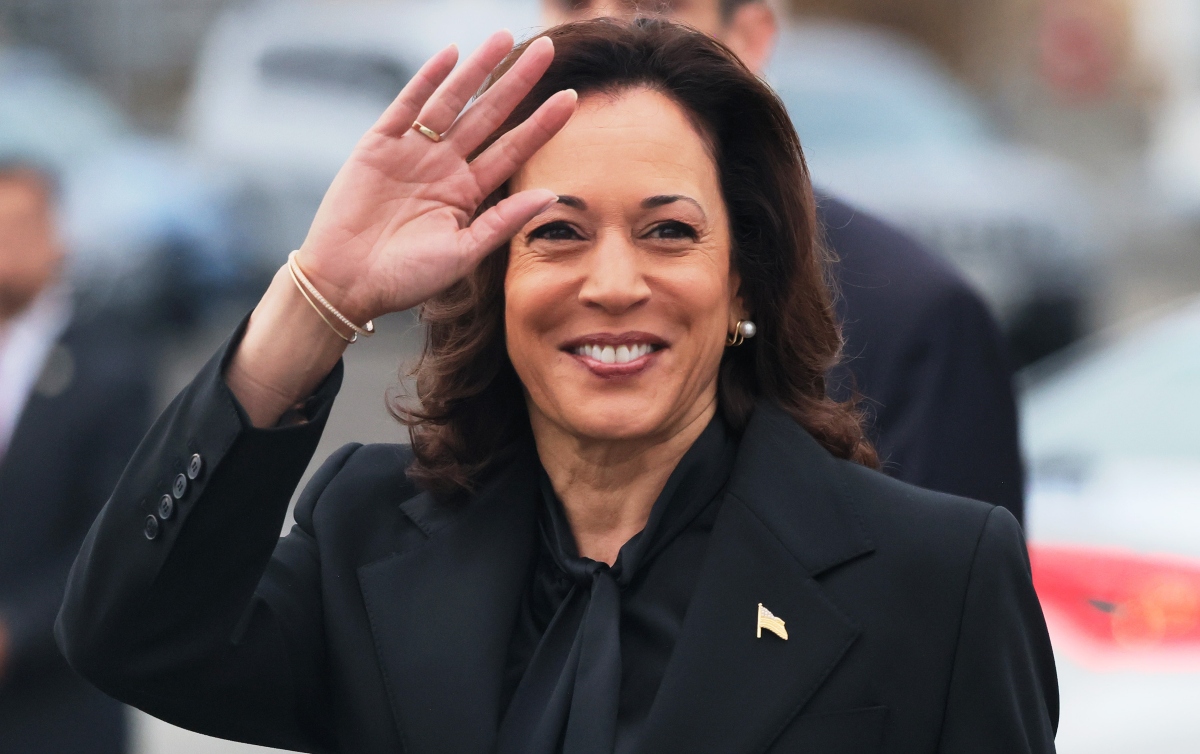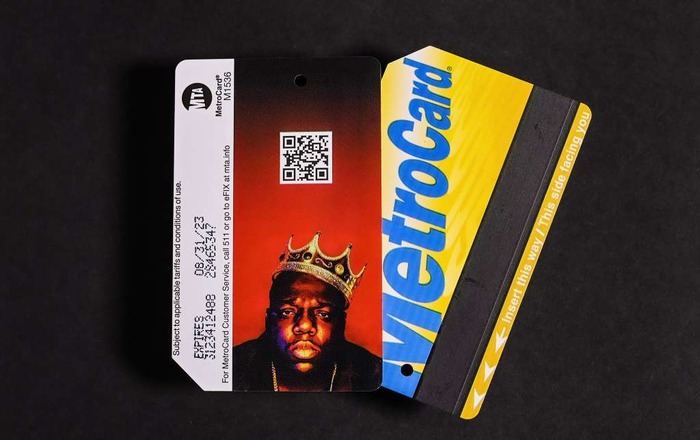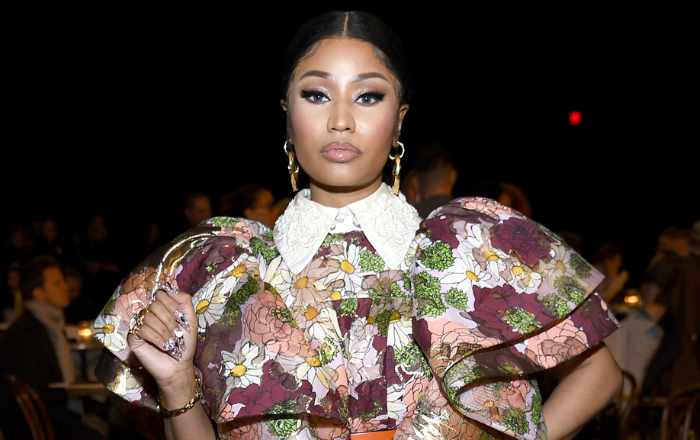How the primary election system works & why waiting until November to vote is a HUGE mistake.
If you are following the 2016 presidential primaries you may notice some differences in the way the two parties elect a candidate. If you are not following the presidential primaries, it may be because they seem too difficult to understand. Don’t fret. Here, we’re going to break down the primary election process for you so that you can be an active and engaged voter this important election season.
There are two elections that stand in the way of candidates before they can hope to become the next president of the United States: The primary election and the general. For now, lets focus on the primary election, the rules of each party, and how Hillary Clinton has the power to essentially steal the nomination from Sanders on the Democratic side. If that last sentence did not make any sense, it will by the end of this article.
What is a primary election?
The primary election takes place within each of the two major parties, with the democrats and republicans holding separate elections. Each party sets their own rules, including deciding how many delegates must be won to obtain their respective nominations. Winners of their party’s nomination are to have the full support of their party’s national committee and other party leaders. It is the political equivalent of the NFL playoffs – You have to make it through the playoffs if you plan to play in the Super Bowl.
In most states, only voters that have registered as either Republicans or Democrats may vote in that party’s primary election. Some states however don’t require that you be a registered member of a particular party. Some states will even allow you to vote in either primary election. The goal of a primary is to win enough delegates to secure a party’s nomination and run as their candidate in the general election that follows. The primary election also differs from the general in that candidates are scored using a delegate counting system instead of the Electoral College.
What is a delegate?
The delegate system as a whole is actually really complex. For now, you can look at delegates as points needed to win the primary election. Each state is assigned a specific number of delegates based on their population. “Points,” or delegates, are awarded in proportion to the percentage of the vote each candidate receives. If a candidate wins 20 percent of the overall vote, they will earn 20 percent of the delegates available.
In the Republican primary, some states are considered “Winner Take All.” This means that whoever is the top winner in those states wins all of the delegates available, leaving none for the other candidates. As of now, the Democratic primary does not use a “Winner Take All” system.
Once a delegate is awarded it is considered a pledged delegate. A candidate secures the presidential nomination when they win the set number delegates as determined by their party’s national committee; 2,383 delegates are needed to secure the Democratic Party’s nomination. This is a common reason why candidates stay in the race long after people say they should back out. If there still isn’t a clear winner or the votes are close at the end of primary election, candidates can try to sway more delegates at the convention, which occurs at the end of the primary season. The presidential primary election can take over four months. This year’s primary will not end until mid-June. Until then, candidates will continue to campaign and fight for delegates. The Democrats however, have additional points to fight for –Super delegates.
What is a super delegate?
Super delegates do not care much for who wins in any given state once the votes are counted up. Super delegates can actually choose to support whichever candidate they wish, regardless of how their constituents voted. They can also change their pledge of support from one candidate to another at any point during the primary election. Super delegates only exist in the Democratic Party at this time and have played a role in their primaries since the 1980s.
Some argue that super delegates are a backdoor way for party establishment to unfairly change the outcome of a primary election, ensuring that their preferred candidate wins. This theory is supported by the fact that each super delegate’s vote is magnified to such a degree that they basically equal around 2,000 actual popular votes.
The number of super delegates available varies by election because there is no fixed number. There is no election to make someone a super delegate and any Democratic leader can be appointed as one. This includes all currently seated senators, congresspersons, members of the Democratic National Committee, and also any previous Democratic presidents, vice presidents, and party leaders. In the 2016 Democratic primary election, there are approximately 714 super delegates.
How do super delegates affect the presidential primary?
In the Democratic Party, super delegates account for roughly 15 percent of the total number of delegates available. This means that if every super delegate pledged to a single candidate, they would be starting the election with just shy of 1/3 the total number of delegates needed to win. Because the super delegates are establishment Democrats, they can essentially steal the nomination from a winning candidate in favor of a candidate chosen by the party, regardless of who won the actual popular vote.
With such a large majority of the super delegates pledged to Clinton early in the election, she is much further ahead of Senator Sanders in the delegate count. However, as preciously mentioned, super delegates have the ability to change their pledge to another candidate at any point during the primary election.
It does not appear likely that Sanders can pull very many, if any super delegates away from Clinton. With that said, Sanders has managed to round up 23 of the 714 super delegates into his camp. If he cannot gather any more super delegates, he has a difficult uphill battle ahead of him to win the 2,383 delegates need to secure the Democratic Party’s nomination. Currently there are still 219 super delegates that have yet to pledge.
To further illustrate the power of the super delegates in the Democratic Primary election and the struggle of the Sanders campaign, let us look at the new numbers. 2,383 delegates are necessary to win the nomination. 472 or 66 percent of the super delegates are pledged to Hillary Clinton. That means that without a single legitimately won delegate, she has nearly 20 percent of the necessary delegates to win. The 23 super delegates that have pledged to Sanders fall just short of 1 percent of the total delegates needed to secure the nomination.
Can Sanders still win the nomination?
The short answer is, yes. Sanders is not very far behind in terms of pledged delegates, otherwise known as the popular vote, and still has every chance of victory in the Democratic primary election. The worst case scenario for Sanders looks like this: Clinton secures every single one of the remaining super delegates. If that happens, Sanders is fighting a very difficult, though still not impossible battle.
He would have to win against a drastically skewed handicap. In other words, of the 4,765 available delegates, only 4074 are available to Sanders in the worst case scenario. 23 of which are his own super delegates. Let us call the remaining 4051 delegates ‘obtainable’ delegates. Meaning, they can be won in a state vote (again, pledged delegates).
On the Republican side, a candidate only needs to win the majority by a single delegate because there are no super delegates in their primary. This means that winning 51% of the obtainable delegates is a guaranteed win. For Sanders, this is simply not the case. Sanders may need to win as many as 60% of the obtainable delegates to technically secure the majority. The good news for Sanders is that Hillary also held a lead of super delegates over President Obama in 2008, until MAY! The lead wasn’t as large, but Obama was able to get impressive wins and take the lead for good by June.
It sounds like the Democratic Party is cheating. What can Sanders supporters do?
Vote! Tell your friends to vote. Tell your friends to tell their friends to vote. Get over the notion that your vote does not count. Because the fact is, the only time your vote does not count is when you do not use it. If you support Sanders, take this new knowledge of super delegates and find peace of mind knowing he is not as far behind as the mainstream media would have you believe. Furthermore, understand the reality of the struggle of his campaign. Sanders needs to win big in states with large numbers of delegates available. Winning by a few percentage points is not enough. Sanders needs to win some states with upwards of 60% of the popular vote to close this gap.
I think I get it. What happens now?
Here is a schedule of primaries and caucuses for the 2016 election cycle. On March 15, Florida, Illinois, Missouri, North Carolina, and Ohio will vote for a total of 691 delegates. The New York state primary election is April 19, 2016. More than 10% of the total number of delegates to win will be available on this day alone. This will happen once before the New York state primary. A week after the New York State primary election, Connecticut, Delaware, Maryland, Pennsylvania, and Rhode Island will vote for a total of 384 available delegates.
The last big battle for delegates will occur on June 7, when California, Montana, New Jersey, New Mexico, North Dakota, and South Dakota will vote for 694 delegates. Even if it seems like a candidate has lost the primary election, you will generally see a candidate remain in the race until they are mathematically defeated. In other words, as long as a candidate can still realistically win, they will hang on. With June, 7 being the last big vote for delegates, Sanders still has almost 3 months to stage a full comeback.
For more information on the 2016 election and urban news, follow us on Facebook and @ParleMag on Twitter.

